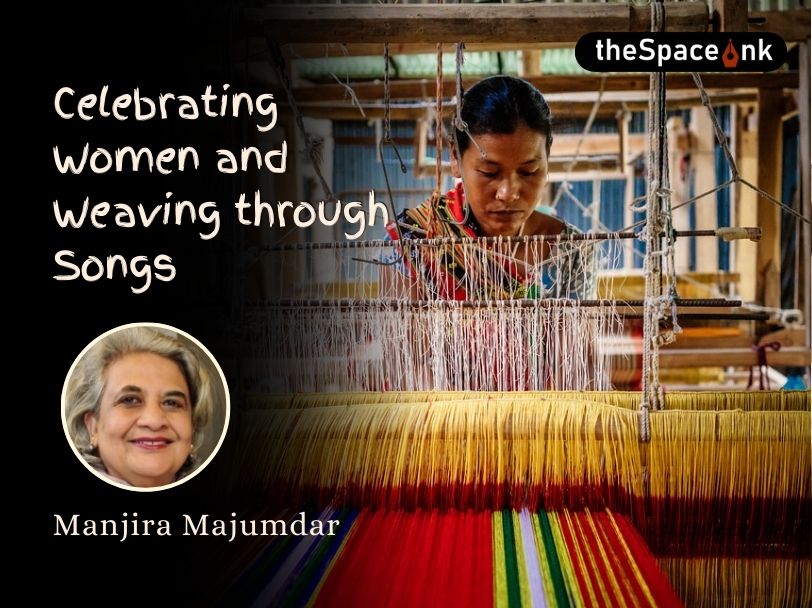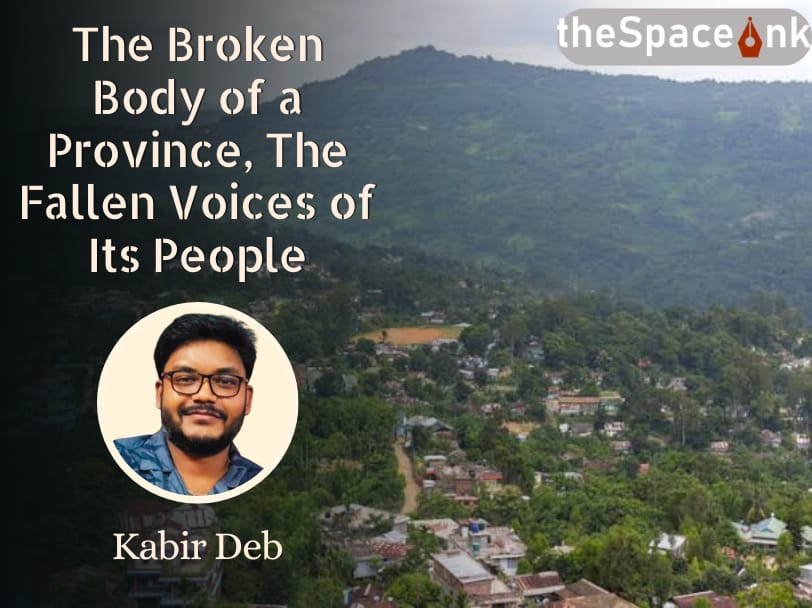Column recap:
Iron Rules of History
Russian Lullaby
The Uses of Exile
Putin & Bengali Cold War
Imperialism in One Country?
Scratches on the Record
The Progressive Bookseller
The 18th Brumaire of Isaac Asimov
Identity and Vegetables
Joys of Parochial Self-effacement
***
That it should have come to this: as a necessary precondition of my being allowed to speak on any theme, I should have to provide an inventory of my ethnicities. And ‘ethnicities’ is the polite term: what does your father do? Where is he from? Do you have enough victimhood points? Tell me, Sir, is that a Muslim name that you’ve Anglicised? Indeed, it is, but it was my great-grandfather, the Muslim from Awadh, who Anglicised it: ‘tain’t my fault.
But a name tells you not very much more than distant origins; and the same name, from the same part of the world, can be of very different origins, and the Baghdadi Jews and Syrian Christians bear the same name as Muslims from the area which is now Syria and Iraq; I had a colleague with my surname from Romania, which of course was once a part of the Ottoman Empire, and I have never been anywhere near Syria or Iraq: the closest I got to Syria geographically was when I spoke on Indian fascism at the Hebrew University in Jerusalem, only to be castigated by an audience who wanted to know why I wasn’t speaking also about Zionist fascists like Max Nordau. I said politely that the person later known as ‘Mahatma’ Gandhi had read Nordau in South Africa and liked what he read, and that I could read Nordau because he wrote in German, but I couldn’t read much Jabotinsky; and that in any case I hadn’t been invited to talk about the Zionist movement. (A document I signed some years later said that it was antisemitic to demand of persons of Jewish origin that they have a view on Israel/Palestine or Zionism, regardless of where they’re from, thereby bringing this debate in line with the principle that it was anti-Muslim to demand of Muslims that they have a view on Muslim terrorism every time something bad happened in the world that was attributable to Islam. But I’m sure those who drafted the document wouldn’t have known what to do when most of the people demanding a nominal half-Jew to have a view on Zionism were themselves Jews, and citizens of the state of Israel.)
That’s only one half of the identitarian story: I once was denounced on the Internet by a Dalit activist group, of which I had until that point been a paying member, as a ‘dirty homosexual Brahmin’, presumably because, in the course of my writing about a political cartoon involving BR Ambedkar, Jawaharlal Nehru, a riding crop, a legal document, and a giant snail, I had disclosed that my grandfather was a Brahmin. I don’t know where the ‘dirty homosexual’ came from: I doubt that the details of my sex life or personal hygiene were known to my anonymous interlocutors, but of course there are many things that one learns about oneself from the internet. My maternal grandparents were almost-communists, of course: one of them was a minor member of the young Communist Party of India, the other sang at Party meetings and was a part of what was then called the ‘cultural front’, but I’m not sure she was ever a full member, though her older cousins most emphatically were.

But I digress: the historian is not the subject of their history (I’m getting the hang of this pronouns thing, aren’t I?). No one is here to listen to my autobiography, historicised, disguised, ventriloquised, or not. Or so I was told: this is almost certainly now an obsolete position, held by a minority of epistemological dinosaurs. We are now the sum of our inherited attributes, and our politics and writing are supposed to be bound up in that. It matters not that the pontification on being ‘true to one’s people’ is often led by those who left the ghetto long ago, and from their elite Ivy League US jobs they exhort us to stay where we are. They are also now the gatekeepers of academic professions, where it might in fact be expected that a necessary openness to others’ points of view keeps debates alive and bubbling. But the purpose of the silencing that happens in the academy, and increasingly outside it as well, is to reserve certain debates, and consequently material benefits, for a self-declared set of spokespersons for a ‘culture’ or ‘identity’, also defined in terms of inherited victimhood. Those outsiders who dare to participate at all in discussions (who let them in? do they intrude from another field that should, by definition, not speak?) avoid the topics that they feel they don’t have the victimhood status to discuss.
I once was denounced on the Internet by a Dalit activist group, of which I had until that point been a paying member, as a ‘dirty homosexual Brahmin’, presumably because, in the course of my writing about a political cartoon involving BR Ambedkar, Jawaharlal Nehru, a riding crop, a legal document, and a giant snail, I had disclosed that my grandfather was a Brahmin.
What’s ‘our’ identity? I am quite sure I don’t identify enough with anyone else to produce a hard ‘we’. I have two Jewish grandparents, which means that had I been in Germany in the 1930s, I’d have been twice the Jew I needed to be to be persecuted and gassed, but I am not, on my mother’s side, Jewish, which makes me not Jewish enough for Jews. (I should add that I am an atheist: my rather agnostic parents taught both their children enough about all religions to make it clear to me, at least, that God was a fraud perpetrated upon us, perhaps to control what we did with our hands and nether regions. If I’m wrong about this, I shall find out far too late.) I have now been given to understand that Jews are white, and have ‘white privilege’ – at least according to postcolonial theorists, who are interested in monopolising victimhood points. This is obviously absurd: as far as blood and soil arguments are concerned, Jews are pretty diverse, and don’t constitute a single ethnicity or ‘race’; and in my own case, I have no white relatives by blood, though there are several by marriage, and therefore by miscegenation: but to make matters difficult, this is on the Bengali side of the family – my ‘Jewish’ side is resolutely Arab. I do have one Brahmin grandfather, which hardly speaks for the purity of my caste lineage, but which again would have been enough for the Nazis to persecute me as a Brahmin, had they been interested in persecuting Brahmins. Curious, isn’t it, how oppressor and oppressed reproduce each other’s logic and categorisations?
By this time, I realise that this is, after all, the sort of autobiographical piece up with which I thought I should not put. We haven’t yet got to gender and sexuality, but still, at this point, I think I should have met the qualification of self-reflexivity required to be allowed to speak about a subject of some sort that I am interested in speaking of. But by this time, both writer and subsequent reader are thoroughly tired and bored, and we can now get all worked up about not ending a sentence with a preposition, or people not taking the knee at some sporting event we didn’t watch and weren’t interested in anyway.
Disclaimer: The views expressed in this article are the author’s and do not necessarily reflect the views of thespace.ink or its editorial team members.
Image courtesy: Pixabay
Benjamin Zachariah works at the Georg Eckert Institute for Educational Media in Braunschweig, and with the project on the contemporary history of historiography at the University of Trier. He was trained in the discipline of history in the last decade of the previous century. After an uneventful beginning to a perfectly normal academic career, he began to take an interest in the importance of history outside the circle of professional historians, and the destruction of the profession by the profession. He is interested in the writing and teaching of history and the place of history in the public domain.








